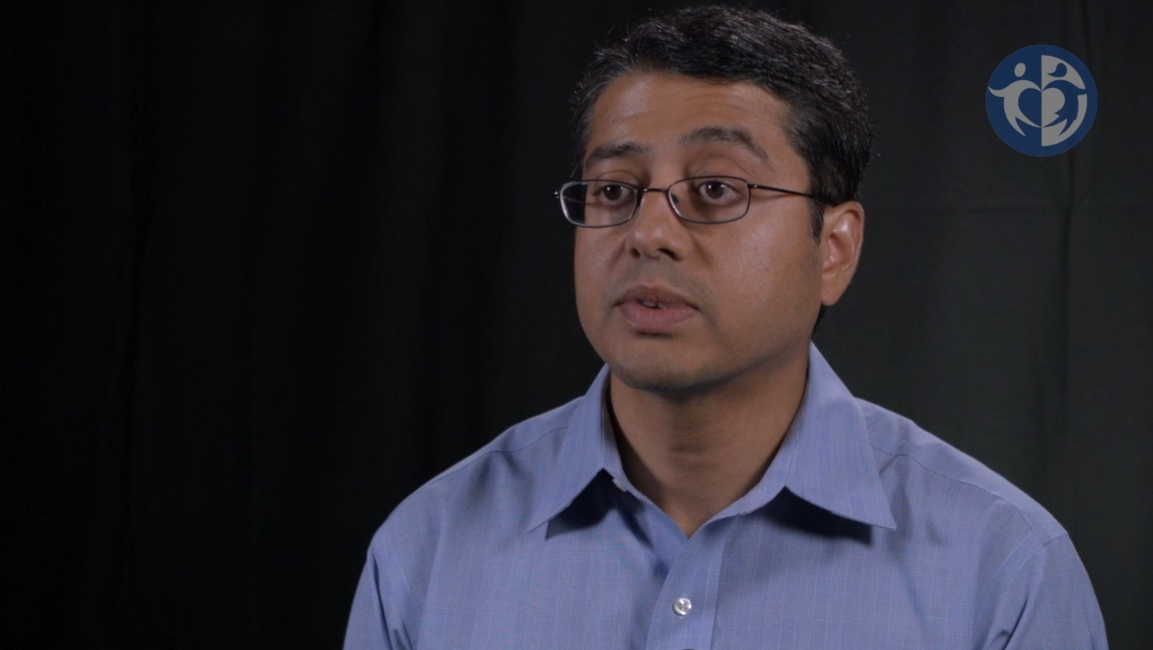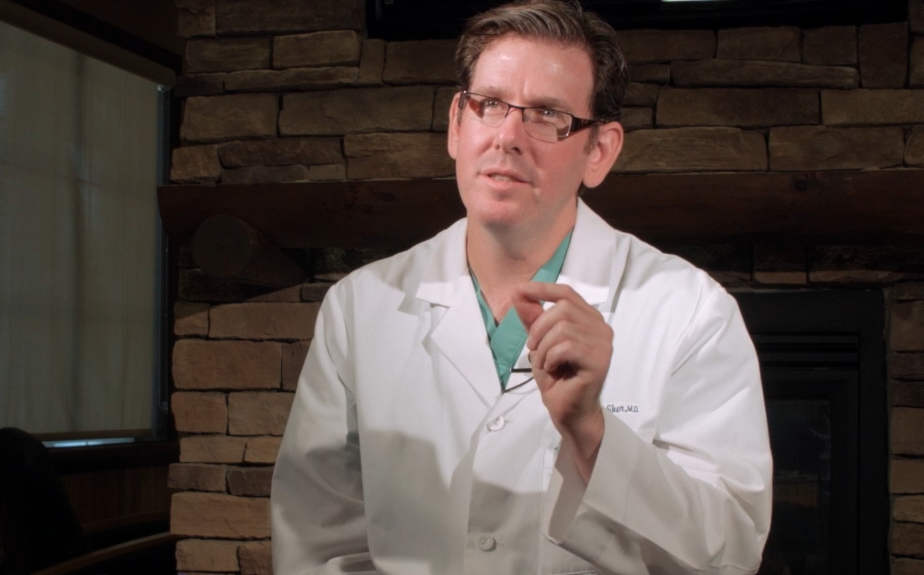KEY TAKEAWAYS:
- Kidney stones are more likely to form in warm, humid climates and in individuals who do not consume enough fluids, leading to concentrated urine.
- Consuming foods high in oxalate, such as green leafy vegetables, pecans, and nuts, increases the risk of kidney stone formation.
- To prevent kidney stones, maintain proper hydration, limit high-oxalate food consumption, and consult with a urologist at the Advanced Urology Institute for personalized prevention and treatment plans.
Introduction
Kidney stones are a common and painful condition that affects many people across the globe. Urologist in Ocala, FL, Dr. Edward D. King, provides insights into the science behind kidney stone formation, emphasizing the importance of understanding the factors that contribute to their development.
The Role of Climate and Hydration
According to Dr. Edward King, kidney stones tend to form more frequently in warm, humid climates. This is because the body loses more water through sweating, leading to more concentrated urine. When patients do not consume enough fluid to compensate for this loss, the risk of kidney stone formation increases.
Diet and Oxalate Consumption
Dr. King explains that diet also plays a crucial role in kidney stone formation, particularly the consumption of foods high in oxalate. Oxalate is a naturally occurring substance found in many foods, including green leafy vegetables (e.g., spinach and kale), as well as pecans and nuts. Consuming high levels of oxalate increases the likelihood of forming kidney stones, as this substance is not very soluble in water or urine.
The Formation and Migration of Kidney Stones
When kidney stones form, they begin as small crystals that grow slowly over time. The pain associated with kidney stones typically occurs when the stone migrates into the ureter, the tube that carries urine from the kidney to the bladder. This migration blocks the flow of urine, causing the kidney to swell and resulting in intense pain in the back, flank, and groin areas.
Prevention and Treatment
To prevent kidney stones, Dr. King recommends maintaining proper hydration and limiting the consumption of high-oxalate foods. Additionally, working with a healthcare professional, such as a urologist at the Advanced Urology Institute, can help patients develop personalized prevention and treatment plans.
The Advanced Urology Institute is the largest urology practice in Florida, offering comprehensive care for various urological conditions, including kidney stones. With a team of experienced professionals and state-of-the-art facilities, patients can expect exceptional care and support throughout their treatment journey.
TRANSCRIPTION:
Well, kidney stones often form in warm, humid climates. They occur in concentrated urine when patients don’t consume enough fluid.
It can also be diet related. There’s a substance called oxalate that’s found naturally in many foods such as green leafy vegetables, spinach, kale, pecans, and nuts.
So patients who consume foods that are high in oxalate are much more likely to form kidney stones because the substance oxalate is not very soluble in water or urine. Stones typically cause pain by blocking the flow of urine. When the stone is forming in your kidney, it starts as a small crystal and just grows slowly often.
When it migrates into the tube that carries urine from the kidney to the bladder called the ureter, then it blocks the flow of urine. The kidney swells and that’s when patients get pain. There’s actually pain in the back or in the flank that radiates to the front and often down into the groin. It can be pretty intense pain.
REFERENCES:
- “Kidney stones – Symptoms, causes, types, and treatment.” https://www.kidney.org/atoz/content/kidneystones.
- “The Link Between Kidney Stones and Your Diet.” https://www.urologycenterofflorida.com/blog/the-link-between-kidney-stones-and-your-diet.
- “Causes and Risk Factors | My Kidney Stone | Boston Scientific.” https://www.mykidneystone.com/en-US/basics/causes-risk-factors.html.



